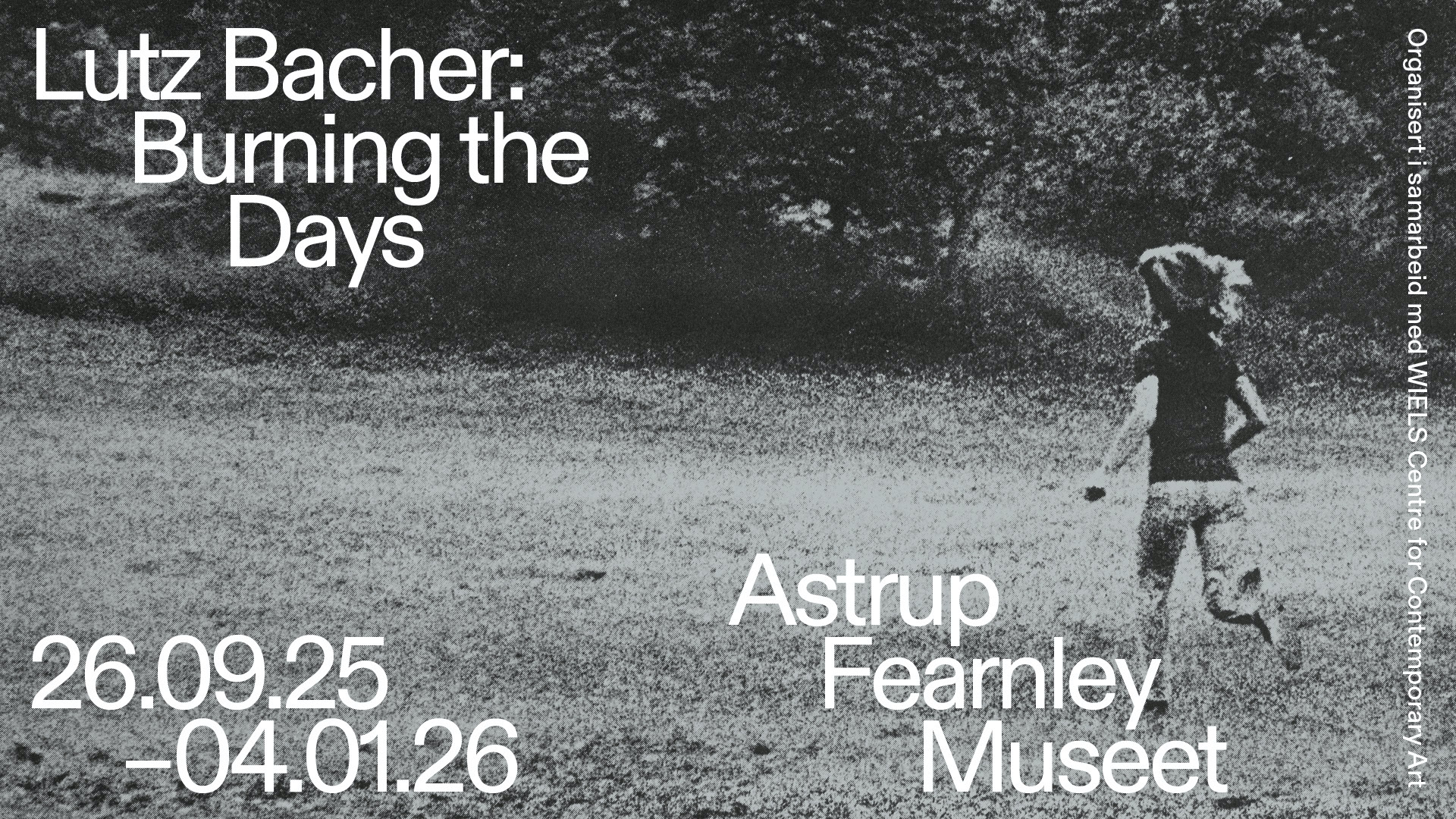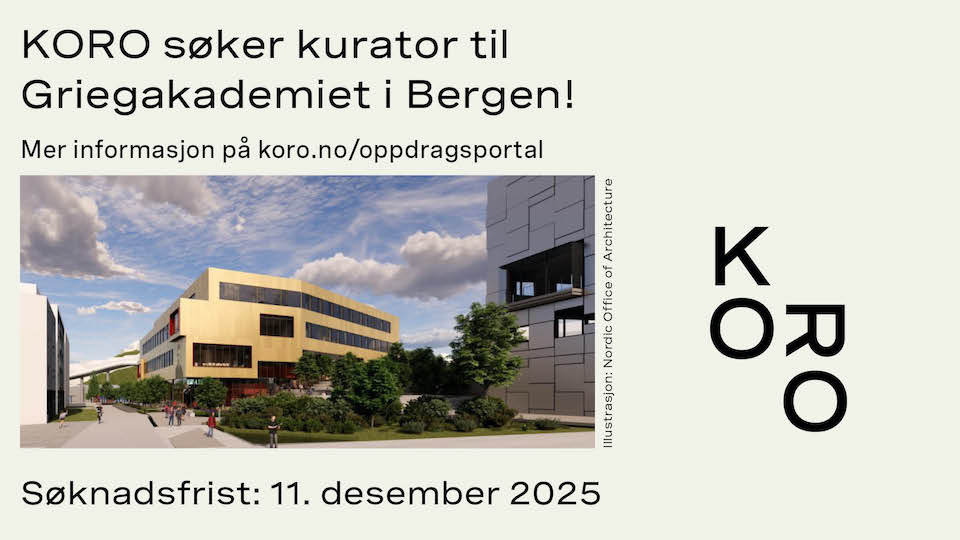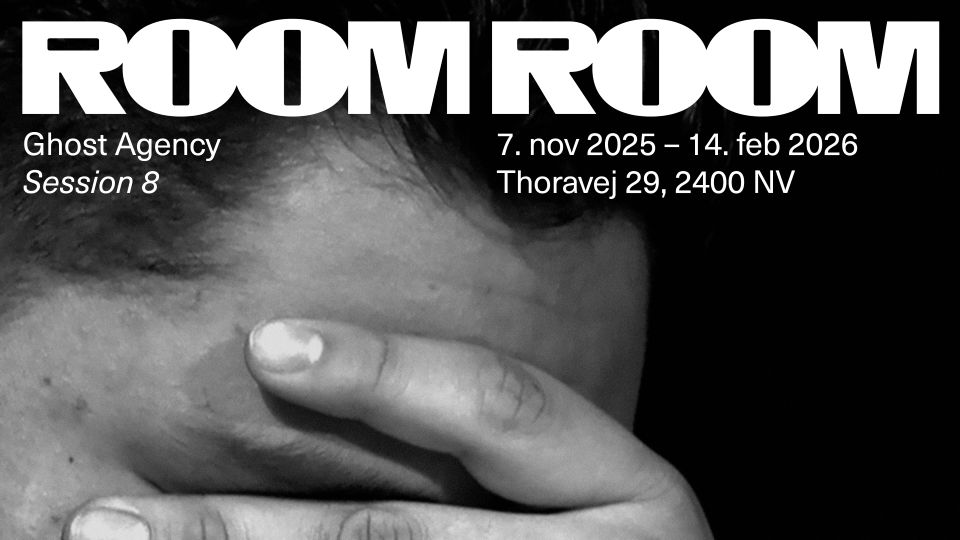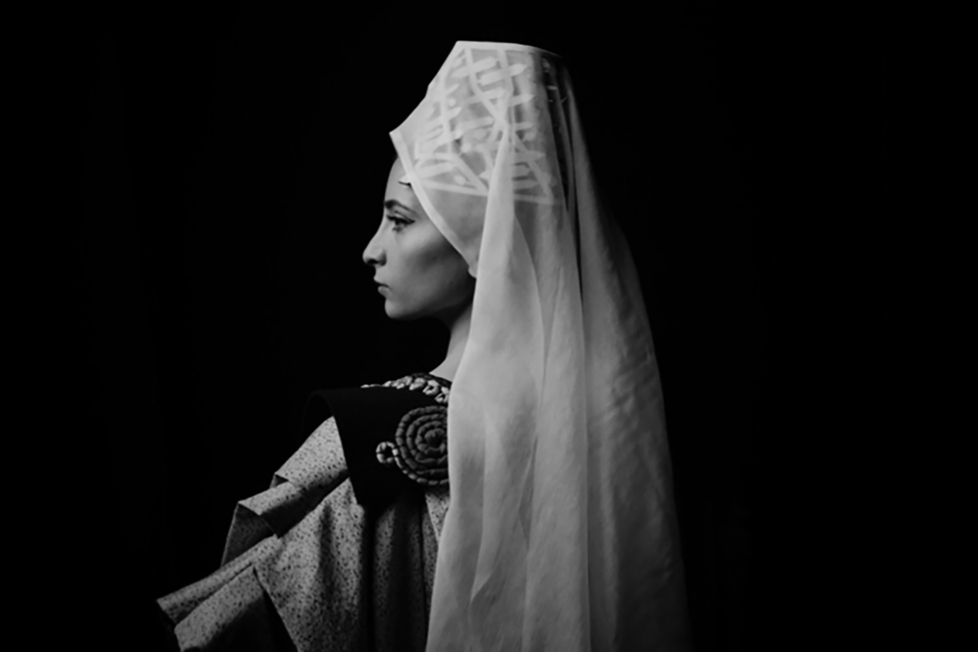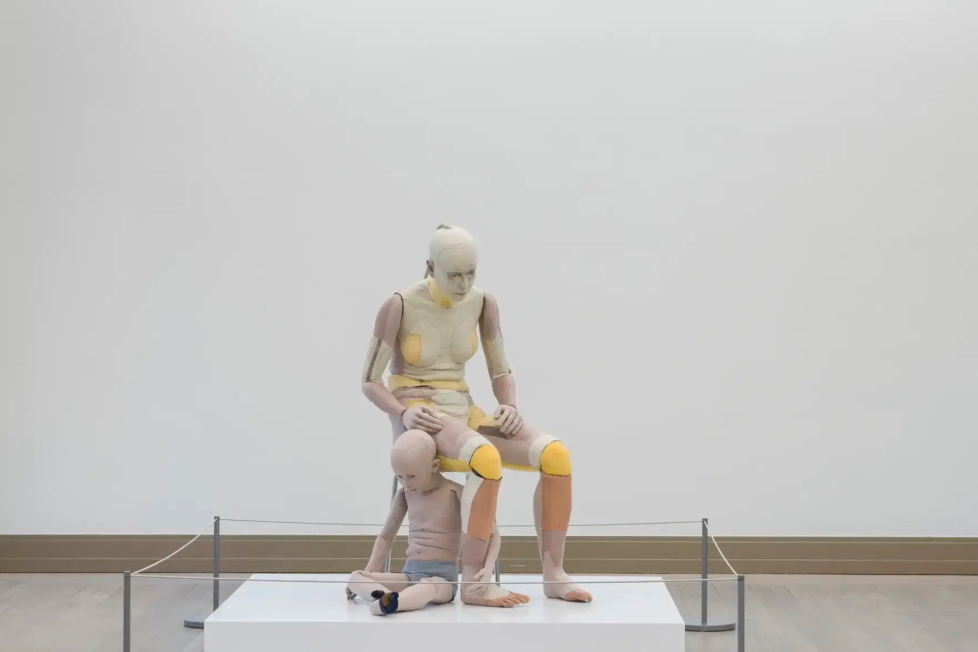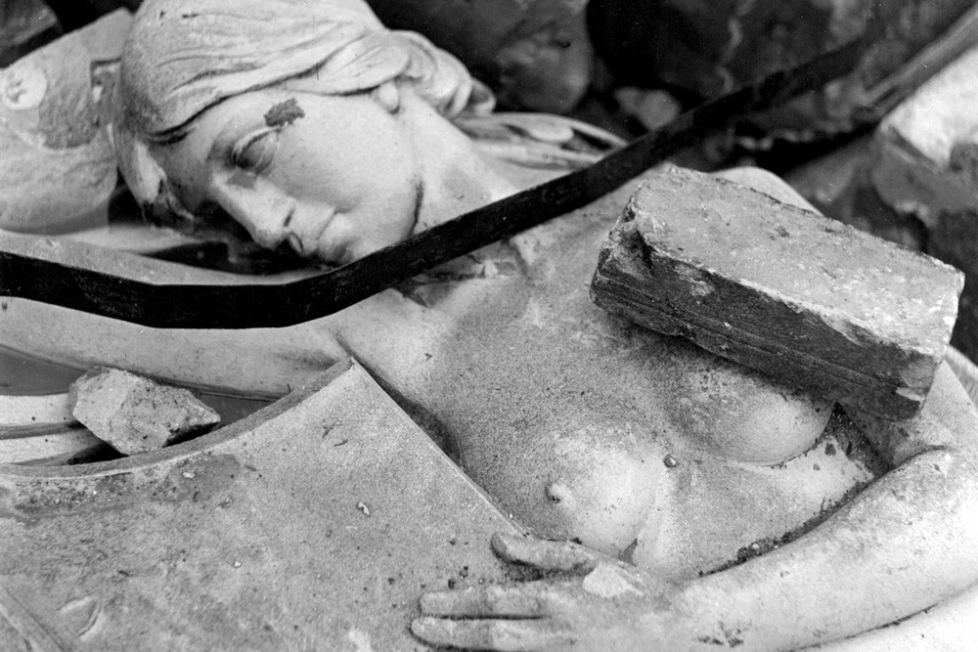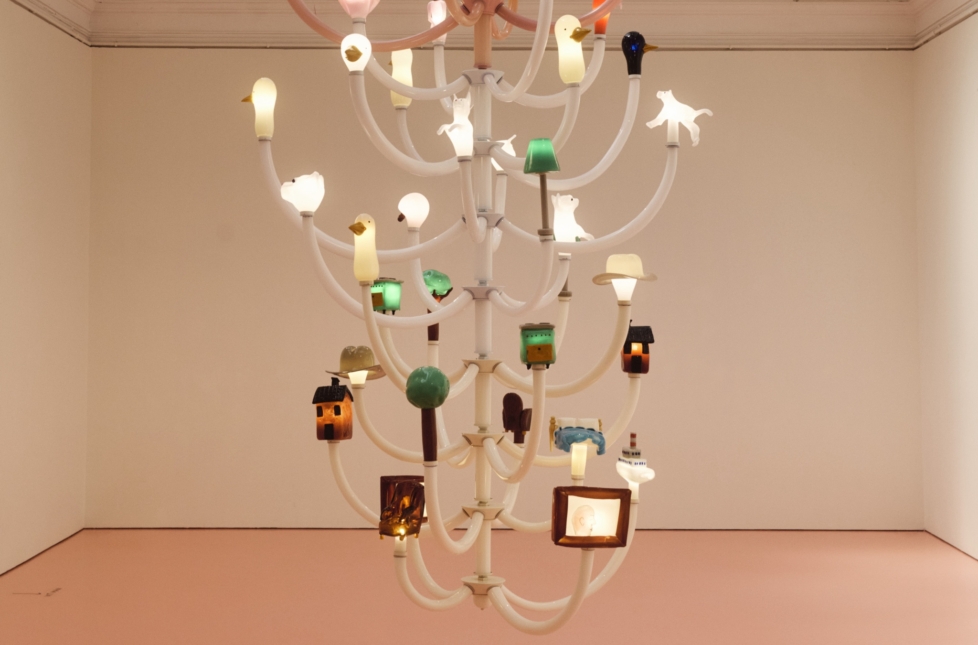
On Thursday 2 February, AICA (The International Association of Art Critics) issued a petition accusing the Polish authorities of curtailing the right to freedom of expression through censorship of artists and calling on the European Commission to take action. The incidents are detailed in a report from AICA Poland.
Rafael Cardoso, chair of the organisation’s Committee on Censorship and Freedom of Expression, described the incidents as pointing to a clear pattern of abuse. “[The European Commission] have been considering sanctioning Poland for some time because of interference with the judiciary. Our purpose is to sound the alert that the right to freedom of expression is also under threat,” he told Kunstkritikk.
According to AICA, many of these incidents have rested on claims that the works in question offend religious feelings or show disrespect to national symbols. The group further states that when considered as a whole, these actions reveal a pattern of politically motivated assaults on artists’ freedom of expression: “What we are witnessing is the systematic persecution of dissenting voices and minority viewpoints under the guise of patriotism, religion and family values.”
The report was compiled by AICA member Dorota Jarecka and AICA board member Małgorzata Kaźmierczak and features twenty-seven of what they consider to be the most egregious cases of politically motivated art censorship in Poland during the last five years. Recent examples include the director of the Polish National Museum, Łukasz Gaweł, cancelling an exhibition dedicated to Dante Alighieri which had been in development for three years and was due to open in February 2022. This involved the cancellation of loan agreements with a number of museums in Poland and abroad. While the pandemic was stated as the official reason, AICA’s report claims that the real reason was the plans to include a refugee boat from Lampedusa as part of the exhibition.
In July 2021, Polish police confiscated a collage by artist Beata Śliwińska (Barrakuz) that was hanging in a pizzeria in Wroclaw. The work shows a naked woman from an Amedeo Modigliani painting superimposed on a picture of the Virgin Mary. Dominica Kulczyńska, an artist who makes ceramic pendants with figures resembling the Virgin Mary and female genitals, could face up to two years in prison after she was indicted by the Warsaw Public Prosecutor’s Office for offending religious feelings in January 2020. In March last year, the Ministry of Culture fired the director of the National Film Archive, Dariusz Wieromiejczyket, over plans two include two documentaries, one about the production of vibrators (The Vibrant Village by Weronika Jurkiewicz), the other on violence against women (You Have No Distance by Karina Paciorkowska), in the Women’s Day Film Festival program.
Criticism of the authorities’ handling of the pandemic has also been met with harsh countermeasures. In March 2020, eleven artists carried a fourteen-meter-long letter conveying the message “To live not to die” from the main post office in Warsaw to the lower house of the Polish parliament. The action was a protest against the introduction of postal elections during the pandemic, which the artists believed posed a danger to society. The artists did not break any regulations – they maintained social distancing and used face masks – but were still fined. However, after a fundraiser and a great deal of media attention, the fines were withdrawn.
AICA states that by enabling this culture of censorship, the conservative and nationalist ruling party in Poland, the Law and Justice Party (PiS), violates the Charter of Fundamental Rights of the European Union, which guarantees EU citizens the right to freedom of expression. “We are calling on the European Commission to do whatever is in their power,” Cardoso said. “We feel it is our duty to provide information and exert pressure as a representative organization of civil society.”

